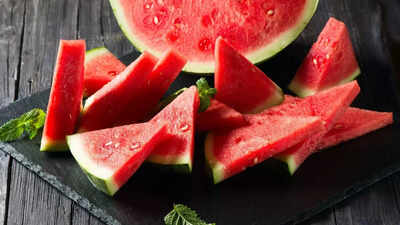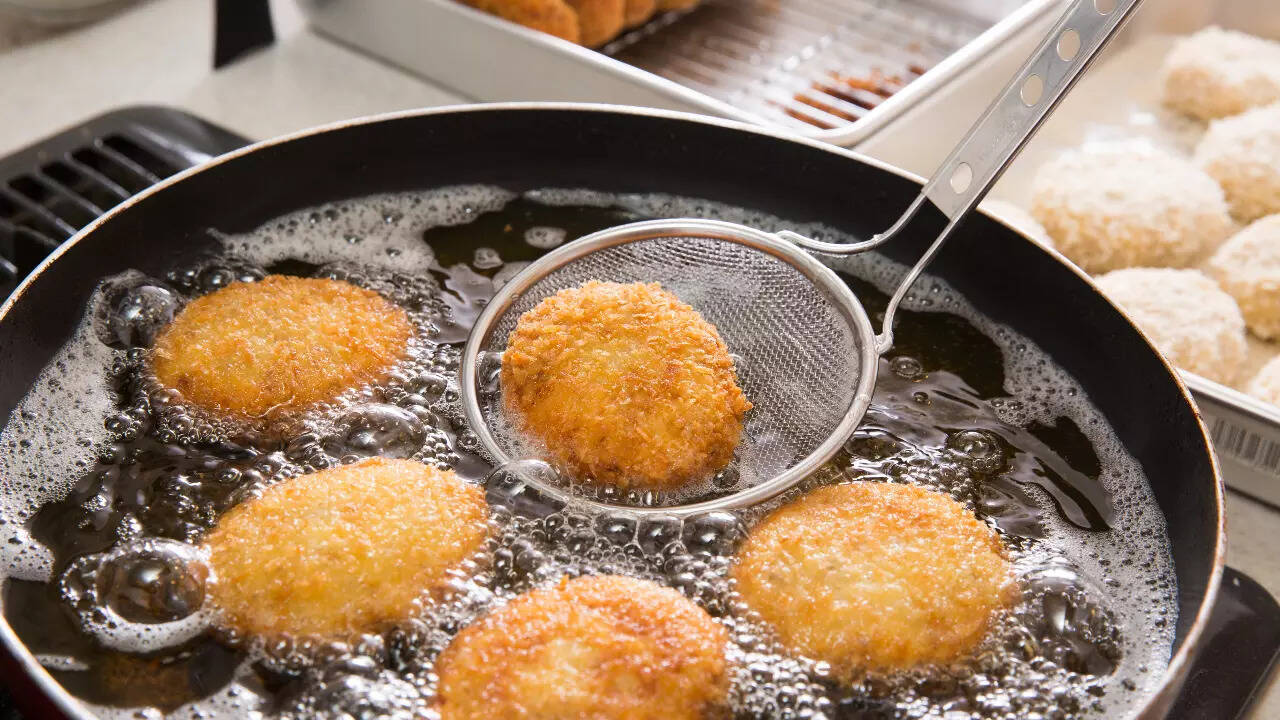Tired of tapping watermelons only to take home a bland one? Picking a perfectly ripe, sweet watermelon doesn’t have to be a guessing game. While old tricks like sniffing or knocking rarely deliver consistent results, there are smarter, more reliable ways to choose a melon that’s juicy and full of flavour. Whether you’re shopping at a supermarket or farmers’ market, these simple visual and tactile cues can help you spot a ripe watermelon, no tapping required. Read on to discover five foolproof tricks that actually work, so you can enjoy every bite of summer’s most refreshing fruit.
Why tapping and other old watermelon-picking tricks don’t really work
For years, popular methods like sniffing or tapping watermelons have circulated, but they often yield inconsistent results. While smelling the rind may help with fruits like cantaloupe or honeydew, whose thinner skins release a detectable aroma, watermelons rarely emit a scent when uncut. Likewise, tapping to hear a “hollow” sound is subjective and difficult to master unless you’re highly experienced. If these methods haven’t worked for you, you’re not alone. Fortunately, agricultural experts and growers recommend several more dependable techniques.
How to tell if a watermelon is ripe: 5 easy tricks that work
Use the two-finger rule
This simple visual test can quickly indicate ripeness. Focus on the dark green stripes of a striped watermelon. Place two adult fingers side by side over one of the stripes. If the stripe is at least as wide as your fingers, it’s likely to be a ripe melon. This method helps distinguish between melons ready to eat and those that need more time to mature.
Look for a rounder shape
Shape matters more than you might think. Round watermelons tend to be sweeter and more flavourful, whereas oblong or oval varieties may contain more water and have a diluted taste. While shape doesn’t guarantee perfection, it can provide a helpful visual clue, especially when combined with other methods.
Examine the field spot
The field spot is the patch where the watermelon rested on the ground as it ripened. A creamy yellow or deep golden field spot generally indicates a longer ripening period on the vine and, therefore, a sweeter fruit. Pale or white field spots suggest it was harvested too early.
Check for Webbing or “Hatch Marks”
The webbed or veined lines that appear on a watermelon’s skin, often around the field spot, can be another indicator of sweetness. These scars result from pollination, and the more extensive the webbing, the more pollinated (and potentially sweeter) the melon. Look for thick, brown lines or crisscross patterns as a positive sign.
Choose a dull, matte finish
A shiny watermelon skin often indicates that the fruit is underripe. Instead, opt for one with a dull, matte appearance. A darker, non-glossy rind is a visual cue that the melon has fully matured and developed its optimal sweetness.
Putting the Methods to the Test
When tested in real-world conditions, these techniques proved reliable. A round watermelon that passed the two-finger test, had noticeable webbing, and displayed a dull skin (even if the field spot wasn’t the most golden) yielded a juicy, flavourful result. Together, these characteristics provide multiple checkpoints to improve your chances of choosing a good melon without relying on guesswork.While it may still take a bit of practice to become a watermelon-picking pro, these science-backed methods from sources like the National Watermelon Promotion Board and university extension services offer a practical and effective guide. So, next time you’re at the store or farmer’s market, skip the knocking and tapping; use your eyes and fingers instead to select a truly ripe watermelon worth enjoying.Also Read: 7-day oats challenge: Benefits, changes, and side effects you should know






